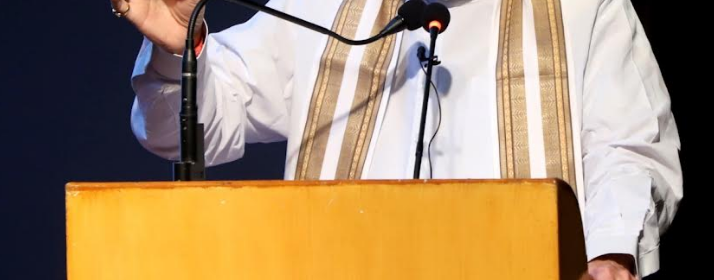A habit of opposing has become ingrained in Rahul: Shah

Telugu super news,June 28th,2023: Home Minister Amit Shah slammed Rahul Gandhi for opposing every government initiative and said by doing so continuously, a habit of opposing has become ingrained in the former Congress MP.
“He (Rahul Gandhi) is opposed to everything, be it Article 370, Ram temple or triple talaq. By doing so, he has developed a habit of opposing anything and everything,” Shah said.

Taking a pot-shot at the Opposition meeting in Patna as a mere “photo session”, Shah said despite all their efforts, Narendra Modi’s third term in office as Prime Minister with over 300 seats is predetermined.
“Today, a photo session is going in in Patna. Leaders of the Opposition parties have assembled. They want to convey the message that they would challenge the BJP, NDA and Modi Ji. Despite their attempts, unity among them is not possible. And, even if they forge unity and go to the public, Modi Ji will again become the Prime Minister with over 300 seats,” Shah said at a rally in Jammu.
The BJP veteran also took a pot-shot at the grand old Congress party, saying the assembly of the Opposition parties was a public declaration that the Congress’ capabilities were insufficient to defeat Prime Minister Narendra Modi in the 2024 general election.
Shah also lashed out at three families – Gandhis, Abdullahs and Muftis, all three present in the Patna meeting – and accused them of being responsible for killing 42,000 people in Jammu & Kashmir between 1947 and 2014.
“Madam Mufti and Abdullah Saheb, I want to remind you that during the UPA government’s 10-year rule, there had been 7,327 incidences of terror. In our nine-year period, the number has come down to 2,350 only. This means a 70% decrease,” Shah said.

Highlighting the achievements of the nine-year rule of the Modi government in the Centre, Shah said, “Modiji’s rule is an open book. It is not like UPA that did Rs 12 lakh Crore scam. There is not even a single corruption allegation against Modiji during his nine-year rule”.
He said BJP has tightened the noose around terrorism in Jammu & Kashmir and today “terrorism is on the death bed.” “In UPA’s ten-year rule, there were 60,327 terrorism incidents. In Modiji’s nine-year rule, terrorism touched its lowest ebb. In 47 months after the abrogation of Article 370, there were only 32 calls of strikes while stone pelting declined by 90%. Youth of J&K have replaced stones with laptops and books,” Shah said, adding that in 2022 alone, 1.88 crore tourists visited J&K. The successful G20 summit, organised in J&K between May 22 and May 25, also bears testimony of a reign of peace in the region.


